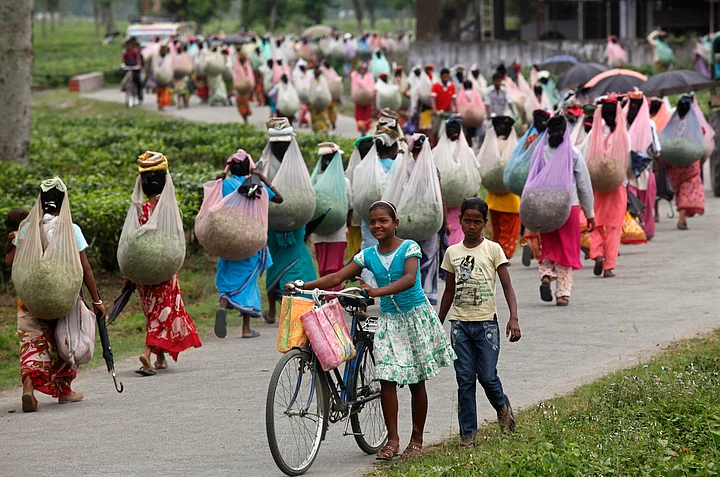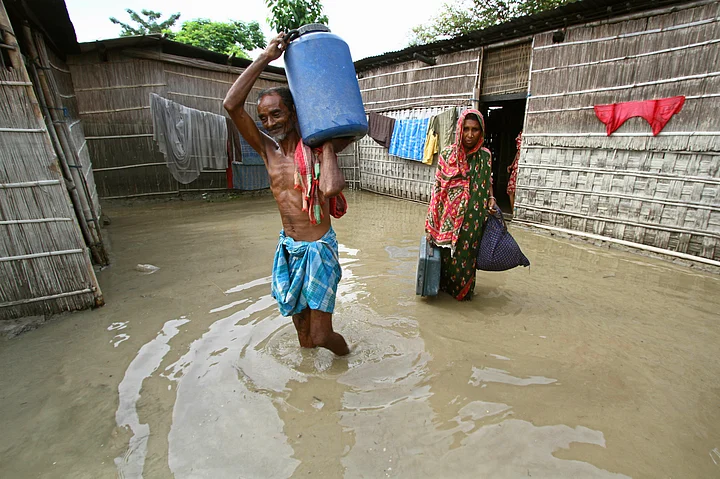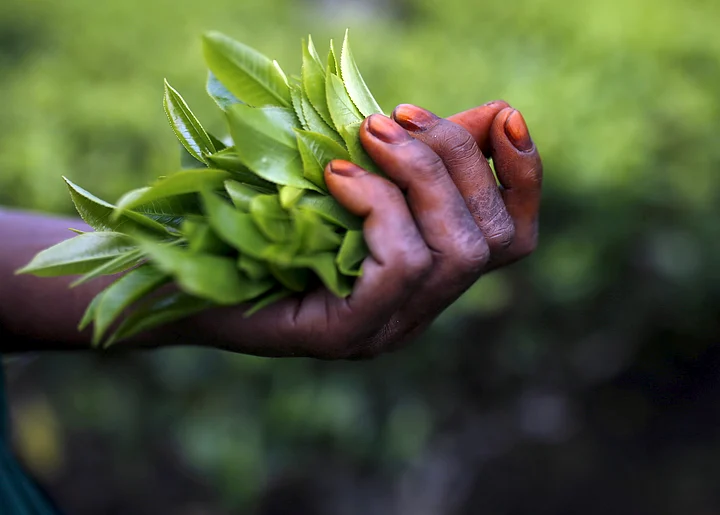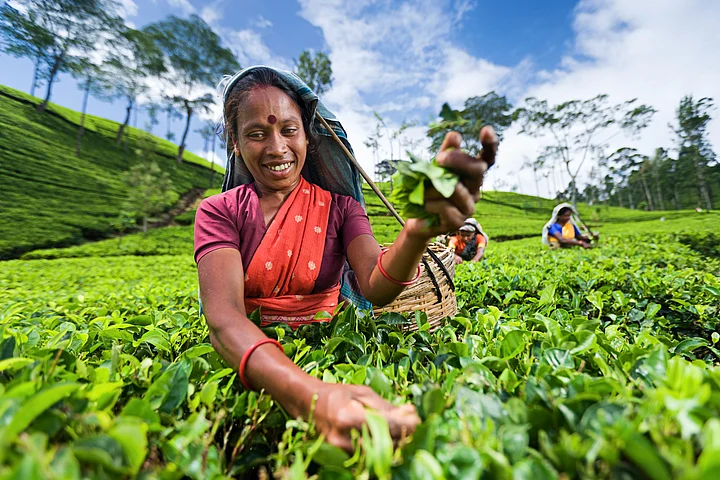Several of the world’s biggest tea brands, including PG Tips, Lipton, Tetley and Twinings, have said they will work to improve the tea estates they buy from in India after a BBC investigation found dangerous, disgusting and degrading living and working conditions.
— BBC News, September 8, 2015
‘Dangerous’, ‘disgusting’ and ‘degrading’ – powerful words from a recent BBC report that has put the spotlight on the plight of Assam’s tea garden workers. But what the report doesn’t state is that lifting them out of poverty is India’s responsibility, a responsibility that is extremely challenging due to a host of interlinked and deep-rooted factors.

Sarah Roberts, who runs Ethical Tea Partnerships, a global NGO, tells The Quint:
Issues around hygiene, sanitation, housing, and wages in the tea gardens of Assam are real. A huge amount of change is required in India. Many of the places where tea is grown, such as Assam, have high poverty levels and long-standing problems.
— Sarah Roberts, Executive Director, Ethical Tea Partnerships
Deplorable Conditions
What’s appalling is that all the tea estates visited by the BBC crew were certified by Rainforest Alliance, an international non-profit organisation that gives seals and certifications for ethical and sustainable standards. Even in the gardens of McLeod Russel, a tea company that employs over 100,000 workers in India, Africa and Vietnam, the living and working conditions are abysmal.
If that’s the situation of the tea garden workers employed by large companies that are certified by NGOs, what then of the tea garden workers who work for smaller plantations?

Post Independence, it was the Plantation Labour Act of 1951 which brought about an improvement in workers’ living conditions, granting them their rights and privileges. However, the issues faced by our founders in the challenging environment of the North East where the planter is left to battle the vagaries of drought and floods and a cyclical tea market, remain unchanged. We construct over 250 houses per year in Assam and are near complete in our compliance, despite the incremental requirement each year as workers’ families expand with matrimony.
–McLeod Russel Press Statement
The Troubled North East

The economics of the tea industry apart, two factors in particular have made the problem worse in Assam.
The first of these is political violence. From 1970 to the late 1980s, tea estates were under constant attack. Extortions and violent killings by ULFA (United Liberation Front for Assam), Bodo and Dimsa Holang militant organisations lead to a mass exodus of trained staff and scared away investments.
Because of all the trouble, good people left and many tea estates were sold to speculators who were not interested in development, but only in extracting profits. The commitment to socio-economic development under the Plantation Labour Act is also zero.
— Ex-Planter
The second is that Assam suffers more than its fair share of floods. Almost every year, several towns in the state are flooded by the waters of the Brahmaputra. Droughts have not spared Assam either. This, along with deforestation, silting of rivers and illegal encroachment have adversely impacted the tea ecosystem.
Economics Versus Outrage
Tea plantations are the largest private sector employers in Assam. The Plantation Labour Act of 1951 guarantees a cash wage of Rs 115 per day which is re-negotiated every two years by the labour union and the government. With fringe benefits added, it amounts to Rs 249 per day. These include free fuel and firewood, rations of wheat and rice at a concessional rate, dry tea, free medical facilities, free housing and water, education, essential clothing and provident fund and gratuity retirement benefits.
Even this is a pittance, making tea garden workers some of the most poorly paid in India’s organised industry. The tea industry, however, says that it simply cannot afford to pay more.

Investments have dried up; the cost of production is an average Rs 180/kg and is being sold at Rs 140/kg. Only 50 percent companies are making profits, 20 percent are breaking even and 30 percent are making losses. Given this situation why would entrepreneurs want to come into tea? The state and the central government need to step in and contribute towards the development of the tea gardens.
— Ex-Planter
Planters say that within a tea estate medical facilities are given free of cost. Infrastructure, water and roads are also provided for and maintained by the companies. Rohinton Babaycon, a planter who has been in the industry for over four decades, argues that it is unfair to blame tea companies.
1 kg of tea leaves converts to 450 to 500 cups (200 ml) of tea. But you pay anywhere between Rs 1 to Rs 100 for a cup of tea. Pay the correct price for tea at farm gates so that producers can reinvest in development, workers’ welfare, infrastructure, training, education and medical facilities.
— Rohinton Kurus Babaycon, Ex-Planter
In contrast, tea garden workers in southern India are paid almost double. In fact, the tea industry there is on the upswing, blessed as it is with tropical climate all year round.
All the Good Work is ‘Work in Progress’
There are non-governmental bodies like Trustea, Ethical Tea Partnerships, Solidaridad, Rainforest Alliance, IDH that have worked towards a 5-year programme aimed at livelihood promotion of 5,00,000 tea plantation workers and 40,000 smallholder farmers by 2017.
But it is work in progress.
What makes matters worse is that the Tea Board of India, run by the Ministry of Commerce, is headless. The Tea Board is the only statutory body in the country working for the export and promotion of tea. Not only is it inefficient and corrupt, it also works at cross-purposes with its own mission.

In the early ‘80s, the government imposed an export duty of Rs 5 on exports to discourage export as they felt that, tea, the poor man’s drink, would become expensive in the domestic market. India exported 50-60 percent of its production in the ‘60s and ‘70s. Today it is less than 10 percent.
— Planter
Planters say that only diversified companies that don’t depend entirely on tea for profits have good CSR practices.
A huge amount of change is required to support the thousands of people who are dependent upon the tea industry for their livelihoods, particularly because many of the places where tea is grown, such as Assam, have high poverty levels and long-standing problems across the region, not just on the tea estates.
— Tata Global Beverages (TGB)
Clearly, the interplay of economic, political, social and natural factors have contributed to the downfall of the tea industry and the tea garden workers. A strong political will can help in addressing the problems, but is the government listening?
(At The Quint, we are answerable only to our audience. Play an active role in shaping our journalism by becoming a member. Because the truth is worth it.)
